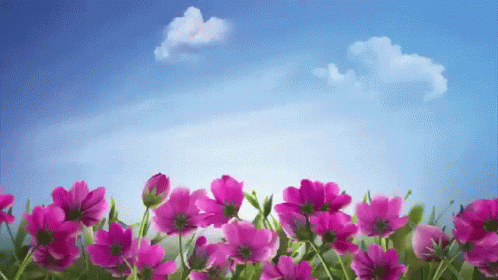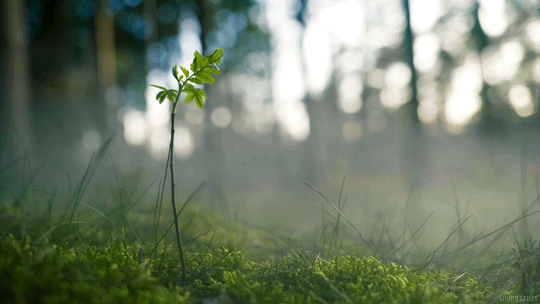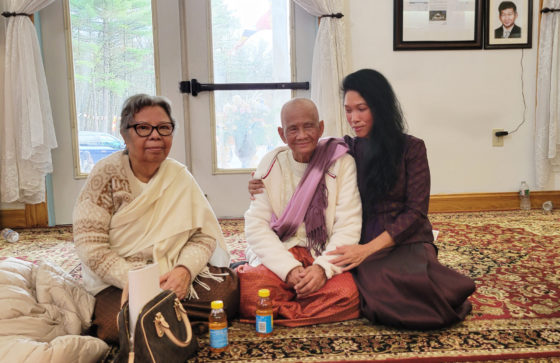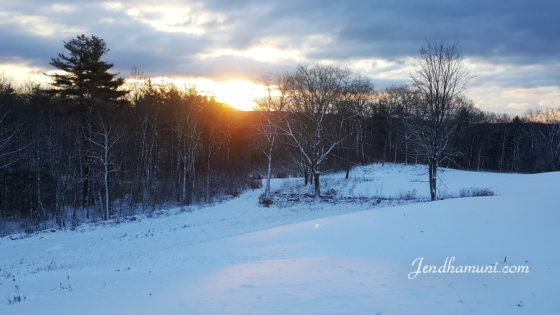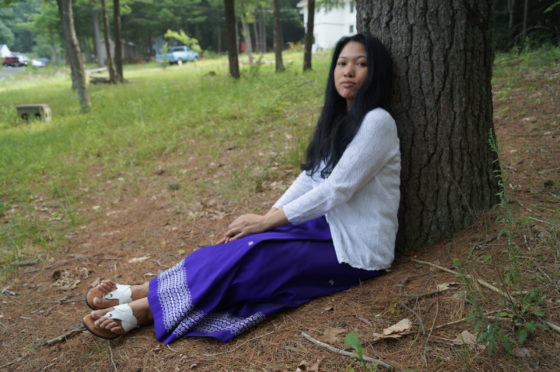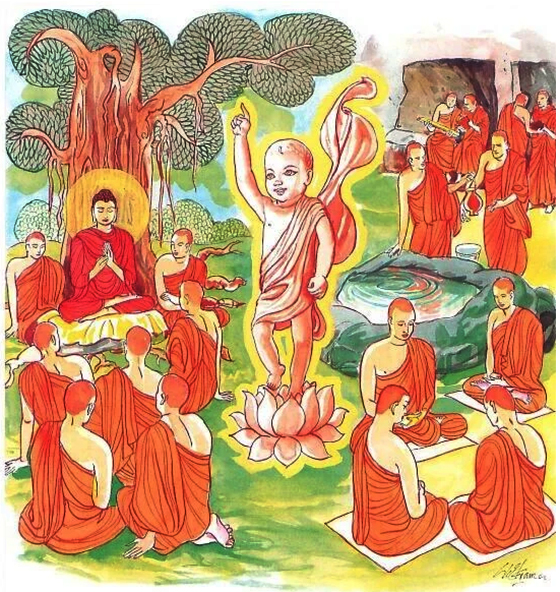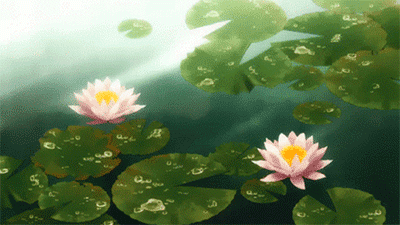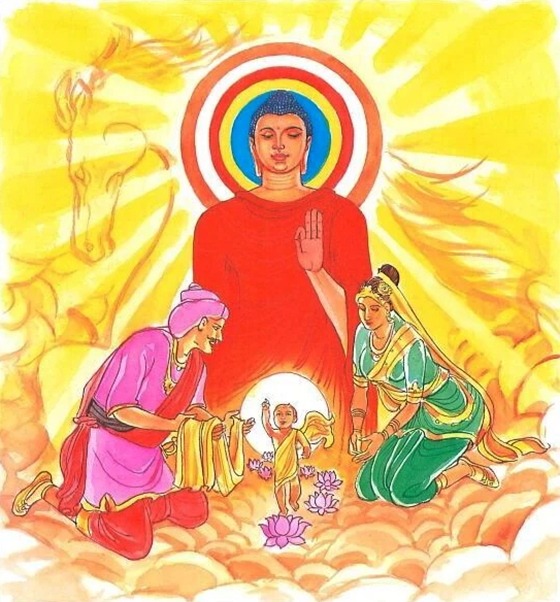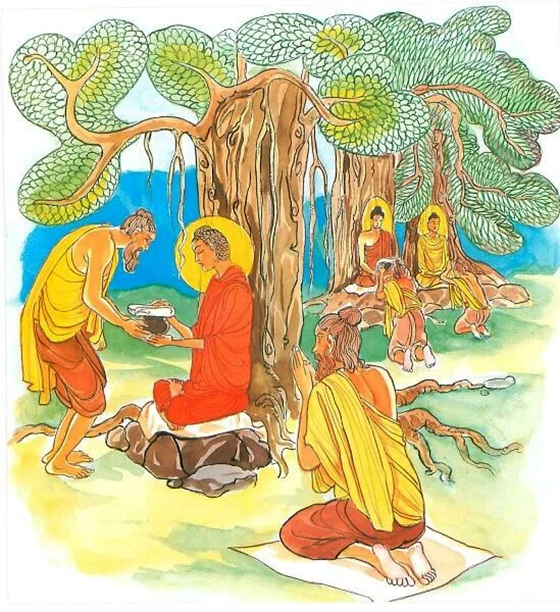
Verse 195: He pays homage to those who are worthy of veneration, whether they are the Buddhas or their disciples who have overcome obstacles (to Insight Development) and have rid themselves of sorrow and lamentation.
Verse 196: The merit gained by such a person who pays homage to those who have been freed from moral defilements and have nothing to fear, cannot be measured by anyone, as this much or that much.
- papancasamatikkante: lit., who have got rid of craving, pride and wrong view, factors lengthening samsara.
The Story of the Golden Stupa of Kassapa Buddha
While travelling from Savatthi to Baranasi, the Buddha uttered Verses (195) and (196) of this book, with reference to a brahmin and the golden stupa of Kassapa Buddha.
On one occasion, while the Buddha and his followers were on a journey to Baranasi they came to a field where there was a spirit-shrine. Not far from the shrine, a brahmin was ploughing the field; seeing the brahmin the Buddha sent for him. When he arrived, the brahmin made obeisance to the shrine but not to the Buddha. To him the Buddha said, “Brahmin, by paying respect to the shrine you are doing a meritorious deed.” That made the brahmin happy. After thus putting him in a favourable frame of mind, the Buddha, by his supernormal power, brought forth the golden stupa of Kassapa Buddha and let it remain visible in the sky. The Buddha then explained to the brahmin and the other bhikkhus that there were four classes of persons worthy of a stupa. They are: the Buddhas (Tathagatas) who are homage-worthy and perfectly self-enlightened, the Paccekabuddhas, the Ariya disciples, and the Universal Monarchs. He also told them about the three types of stupas erected in honour of these four classes of persons. The stupas where corporeal relics are enshrined are known as Sariradhatu cetiya; the stupas and figures made in the likeness of the above four personages are known as Uddissa cetiya; and the stupas where personal effects like robes, bowls, etc. of those revered personages are enshrined are known as Paribhoga cetiya. The Bodhi tree is also included in the Paribhoga cetiya. The Buddha then stressed the importance of paying homage to those who are worthy of veneration. Continue reading →


